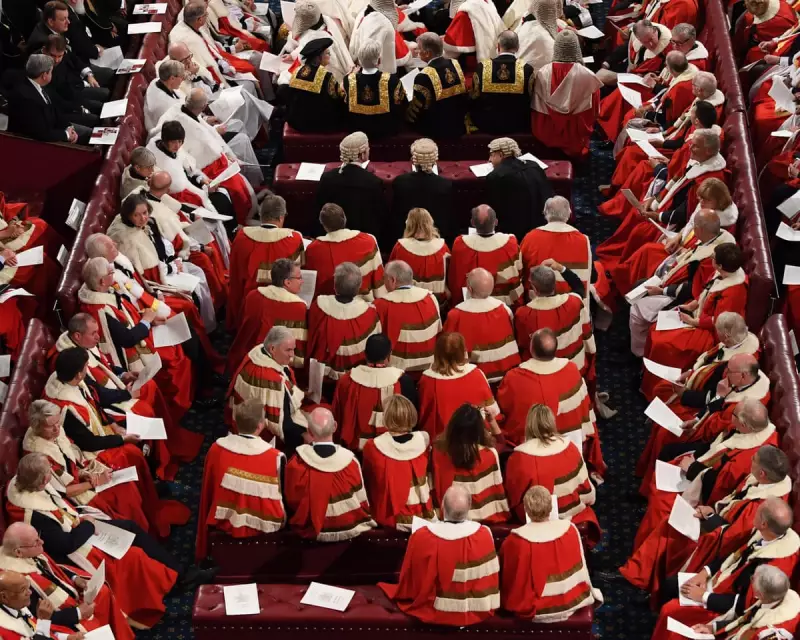
A fresh lobbying scandal has erupted in Westminster, exposing how members of the House of Lords are allegedly exploiting their positions for financial gain. This controversy strikes at the very heart of public trust in Britain's democratic institutions and underscores the urgent need for comprehensive reform of the upper chamber.
The Core of the Controversy
Recent revelations have detailed how certain peers have been offering their services to lobby ministers and officials on behalf of paying clients. These activities, while potentially falling within technical rules, clearly violate the spirit of public service expected of those in parliamentary roles. The situation has drawn widespread condemnation from across the political spectrum.
The scandal emerges against a backdrop of longstanding concerns about the composition and accountability of the House of Lords. With over 800 members, Britain's second chamber remains one of the largest parliamentary bodies in the world, yet it lacks democratic legitimacy. Many peers are political appointees rather than elected representatives, creating what critics describe as a democratic deficit.
Systemic Failures and Public Trust
The current crisis is not an isolated incident but rather symptomatic of deeper structural problems within the Lords. The absence of proper democratic oversight means there are inadequate mechanisms to hold peers accountable for misconduct. This has created an environment where such lobbying activities could flourish.
Public confidence in political institutions has been steadily declining, and scandals of this nature further erode trust. When citizens perceive that lawmakers are prioritising private profit over public service, the very foundation of democratic governance is undermined. This comes at a particularly sensitive time when faith in politics is already fragile.
The revelations have prompted calls for immediate action from transparency campaigners and reform advocates. They argue that piecemeal adjustments are insufficient and that only root-and-branch reform can address the fundamental issues plaguing the upper house.
The Path Forward for Lords Reform
Meaningful reform would require several key changes. First, addressing the size of the chamber is crucial - many experts recommend reducing membership significantly to improve efficiency and accountability. Second, consideration of democratic elements in appointments or selections could enhance legitimacy.
Strengthening the code of conduct and enforcement mechanisms is equally important. Clearer rules with stronger penalties for breaches would help prevent future scandals. Some have suggested establishing an independent body with real power to investigate and sanction misconduct.
Beyond immediate damage control, this scandal presents an opportunity to reimagine the role of the second chamber in Britain's constitutional framework. A modernised Lords could better serve its intended purpose as a revising chamber while maintaining higher ethical standards.
The government faces mounting pressure to act decisively. With public trust hanging in the balance, comprehensive Lords reform is no longer just an option but a necessity for the health of UK democracy. The time for vague promises has passed - concrete action is needed to restore faith in our political institutions.





